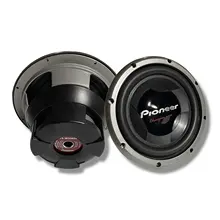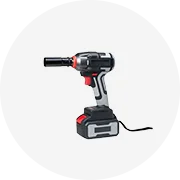Understanding Car Compress Machines
Car compress machines, integral to automotive maintenance and repair, encompass a range of equipment designed to manage and manipulate air pressure for various vehicle-related functions. This category includes industrial compressors, tire inflators, and car washers, each serving a unique purpose in the automotive industry.
Types and Applications
The diversity of car compress machines is evident in their applications. Industrial compressors are typically used in auto repair shops for powering pneumatic tools, while tire inflators are essential for maintaining the correct tire pressure, crucial for vehicle safety and efficiency. Car washers, on the other hand, utilize compressed air for cleaning vehicles with precision and ease.
Features and Materials
Car compress machines come in various colors, including black, red, and yellow, catering to aesthetic preferences and industry standards. The construction materials range from durable ABS plastic to robust metals, ensuring longevity and resilience in different working environments.
Advantages of Car Compress Machines
The advantages of using a car compress machine are manifold. They provide consistent and reliable performance, which is essential for tasks that require precise air pressure. The versatility of these machines allows for a wide range of applications, from inflating tires to powering air tools, making them a staple in any automotive workshop.
Selection Criteria
When selecting a car compress machine, it is important to consider the specific needs of your operation, such as the required air pressure and volume. Additionally, the build quality and material composition are crucial factors that can affect the machine's durability and maintenance requirements.
Environmental Considerations
Modern car compress machines are designed with environmental considerations in mind. Many models are engineered to operate with reduced noise levels and improved energy efficiency, minimizing their impact on the workplace and the broader environment.






































 浙公网安备 33010002000092号
浙公网安备 33010002000092号 浙B2-20120091-4
浙B2-20120091-4